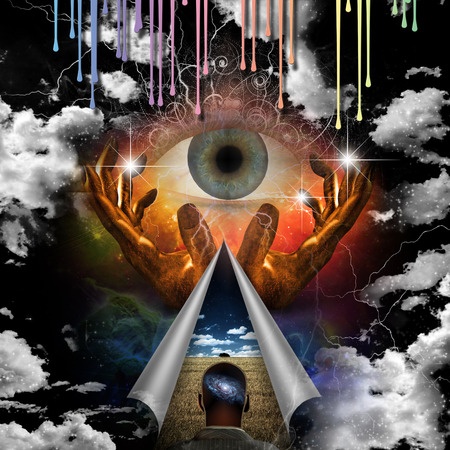
Using dreams can be really powerful. There was someone who had such a realistic using dream that she asked to get a urine screen at her outpatient treatment program. No, really. She was pretty sure she just had a dream. But it was SO REAL, that she wasn’t 100% sure. There had been many times before where she woke up in her own bed with only vague memories of a night of partying. Her screen was negative and her relief was positive. She really wanted to get and remain abstinent, so a powerfully real using dream upset her terribly.
Another person had a series of using dreams while she was in treatment. Initially her dreams were of her actually getting high, but then she’d wake up before she actually used. Then she would say no in her dream when offered something. Then she started to answer that she wasn’t using drugs anymore because she was in recovery.
These people were in early recovery and their experiences with using dreams were within the first couple of months of abstinence. In “Drunk Dreaming,” Kristen McGuiness referenced a 1998 study that said 85% of the participants with six weeks or less of abstinence had 2.4 using dreams per month. Reportedly, those who had a higher number of using dreams were more likely to use again. An addiction specialist quoted in the article suggested that the person should tell a sponsor or friend what happened; what you were feeling. Maybe there was something that was a trigger to you. “Take responsibility for continued sober action. It’s a good hint that something might be off balance.”
She quoted another addictions counselor who said that drinking or using dreams were an essential part of early sobriety. “So many issues come up, and people have so many mood swings and emotional highs and lows.” People can have them for a long time after they are sober. They often occur around the anniversaries of their sobriety. They can happen when addicts or alcoholics are forced to focus on someone else’s addiction. “You can be sober for decades and after spending time with another alcoholic or addict, you might be triggered and have a using dream.”
I don’t know if I’d assume that using dreams are always either triggered by environmental experiences or unconscious desires to drink or use drugs. Charles Gillispie wrote a short essay reviewing some of the studies on using dreams. He said that using dreams could, in-and-of-itself, be a positive sign that the individual is more engaged in the recovery process. “In other words, [they] take their struggle with substance abuse seriously enough to dream about it at night.” The importance may not be within a particular dream, but how the person’s dream content shifts over time.
Another study he referred to suggested that the person’s response to the dream was more important than the content of the dream—whether or not they used in the dream. One response could be frustration that the dream wasn’t real—I’d add or disappointment that they didn’t get high in the dream. Alternatively, the person could be relieved that the dream wasn’t real. The frustrated first group had relapse-pending dreams; the second, recovery-affirming dreams.
Guinevere had a thoughtful discussion on a using dream she had after several years of abstinence, “Dreaming About Drugs or Drinking—What to Do About It.” She described a time period of typical life stressors, just life on life’s terms. Simply, she was going through a time of transition and disruption to her normal routine. One night she dreamed she had a bunch of fentanyl patches, her former drug of choice. When she first detoxed, she had drug dreams “pretty often.” They were the frantic, searching through the house for something kind.
She knows her early drug dreams were partly a chemical thing; partly a psychological thing. Withdrawal takes time and sleep deprivation is part of the withdrawal process. She also realized how she’d trained herself by using drugs.
I’d managed the way I felt with chemicals, instead of allowing the feelings to pass. I didn’t want the painful feelings to persist, so I used chemicals to get rid of them; I didn’t want the joyful feelings to leave me, so I used chemicals to try to prolong them—or else to get rid of the fear of the joy leaving me.
Her dream, she realized, wasn’t about actually using drugs, but about the temptation to do so—“the presence of drugs in my mind and consciousness.” When she tried to touch the drugs in her dream, they’d disappear. When she pulled her hand away, they’d reappear. “It’s around. It’s not Gone.” But she’s learned to deal with feelings without chemicals. And her Common Sense told her, “It’s just a Dream.”
In “Drunk Dreams,” Sophie Saint Thomas noted how the purpose and cause of dreams is hotly debated topic, with “no solid interpretation of their meaning or cause.” She commented that the cure for dreams surrounding old behaviors seems to be time. “As your recovery evolves, and your brain starts to change the association of the behavior from their manifestation of the reward of dopamine and serotonin released.” The important thing, she said, is to process the dreams and not get hung up on shame, which can lead to relapse.
Talk about them, think about them, write them down if you can, and remember that they don’t necessarily mean anything but are just a reflection of where you are in a process so just observe them. . . . Don’t give them any more credit than they deserve.





